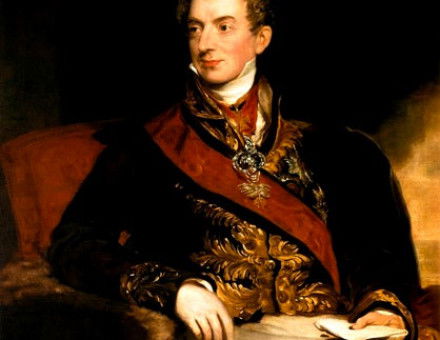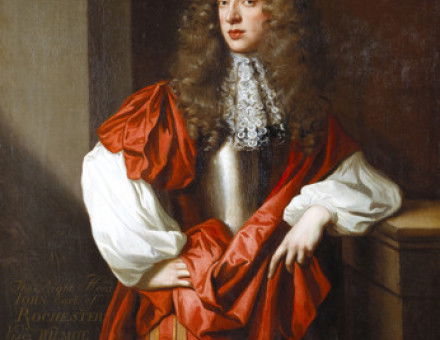Vienna, Part I: The Biedermeier Age and the Revolutionary Aftermath
Between the Congress of Vienna and the Year of Revolutions, Vienna enjoyed a homely, idyllic period of gaiety, security and peace. In 1848, writes Tudor Edwards, the idyll was shattered by bloody revolts throughout the Empire.




